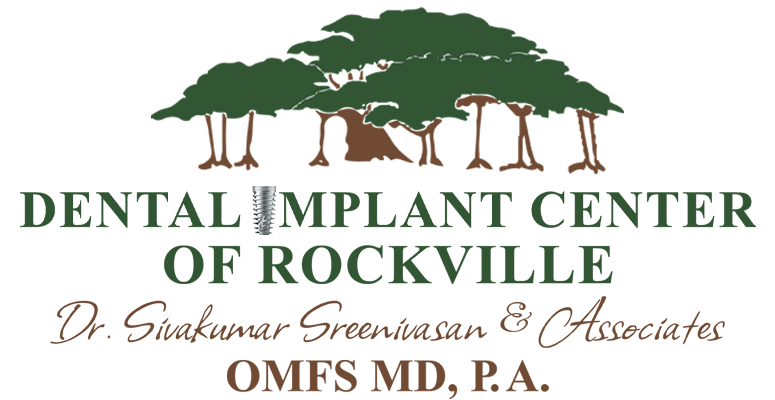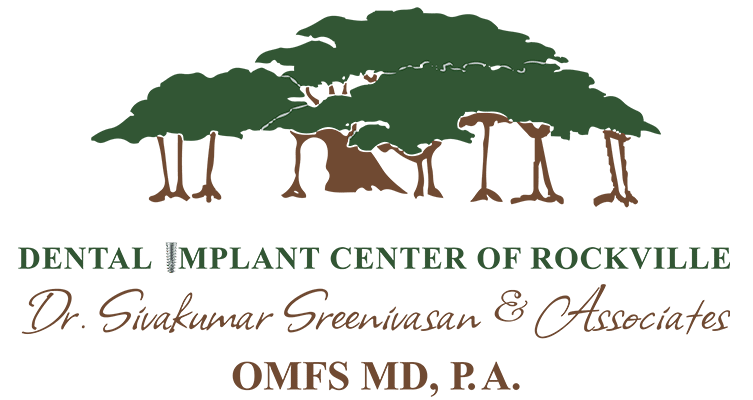How To Know If A Wisdom Tooth Is Impacted?

Wisdom teeth are the common name of the third molars located at the back of the mouth. They are so-called because they naturally erupt in the late teens and twenties. Today, most patients' wisdom teeth do not erupt properly due to insufficient space.
Wisdom teeth that cannot normally erupt through the gums are considered impacted. Impacted teeth may have the following symptoms:
- The patient's dentist observes impacted teeth on an X-ray scan
- The tooth's crown lies at such an angle that it cannot emerge properly through the gum tissue
- The tooth partially erupts through the gums and recedes, leading to possible infection
- Pressing on neighboring teeth, causing malocclusion and weakened teeth
- Discomfort due to lack of space in the gum and jawbone
Treating Impacted Wisdom Teeth
The simplest treatment for most impacted wisdom teeth is extraction. Correcting wisdom tooth alignment may be impossible due to a lack of space to allow the teeth to take their proper places.
The Wisdom Teeth Extraction Procedure
The first step is to attend a consultation with your oral surgeon. Your surgeon will examine your teeth and take imaging scans to examine your oral anatomy and decide how to proceed.
You will need to decide whether you prefer to undergo your procedure with or without sedation. Many patients choose sedation via IV or general anesthesia, especially if they have dental anxiety or need multiple extractions.
During the wisdom teeth procedure, your oral surgeon will make a small opening in your gum and use special instruments to extract the necessary teeth. Depending on the degree of impaction, they may need to section the tooth into pieces to remove it safely.
The surgeon will secure your gum with dissolvable sutures to promote healing.
Recovering From Wisdom Teeth Extraction
Most patients find recovery from wisdom teeth surgery straightforward. To allow your gums and bone to heal, follow your oral surgeon's aftercare instructions to the letter. Also, follow the diet, oral hygiene, and pain management recommendations.
Age Considerations
If your family dentist informs you that your third molars have become impacted and are causing problems, you should consider having them extracted as soon as possible.
Many oral surgeons observe that younger patients recover more quickly from wisdom teeth surgery. Patients under age 30 have the most uncomplicated recovery. Beyond age 40, healing may take longer, and the patient may experience more complications.
Frequently Asked Questions About Wisdom Teeth Surgery
If I choose to leave my wisdom teeth alone, will there be complications?
You may be more prone to complications like cysts and tumors if you do not promptly remove your wisdom teeth. However, these are rare situations.
Do you remove all wisdom teeth or only the ones causing problems?
We only remove problematic wisdom teeth. Problem wisdom teeth are often apparent when the patient reaches the age of their late teens or early twenties.
Call the Dental Implant Center of Rockville
If you are experiencing symptoms or your family dentist has informed you that you need a wisdom tooth extraction, call 301-294-8700 to schedule your consultation with Dr. Sreeni. We look forward to meeting you and caring for your oral surgery needs.
Recent Posts
Contact Us
Twice a Month

